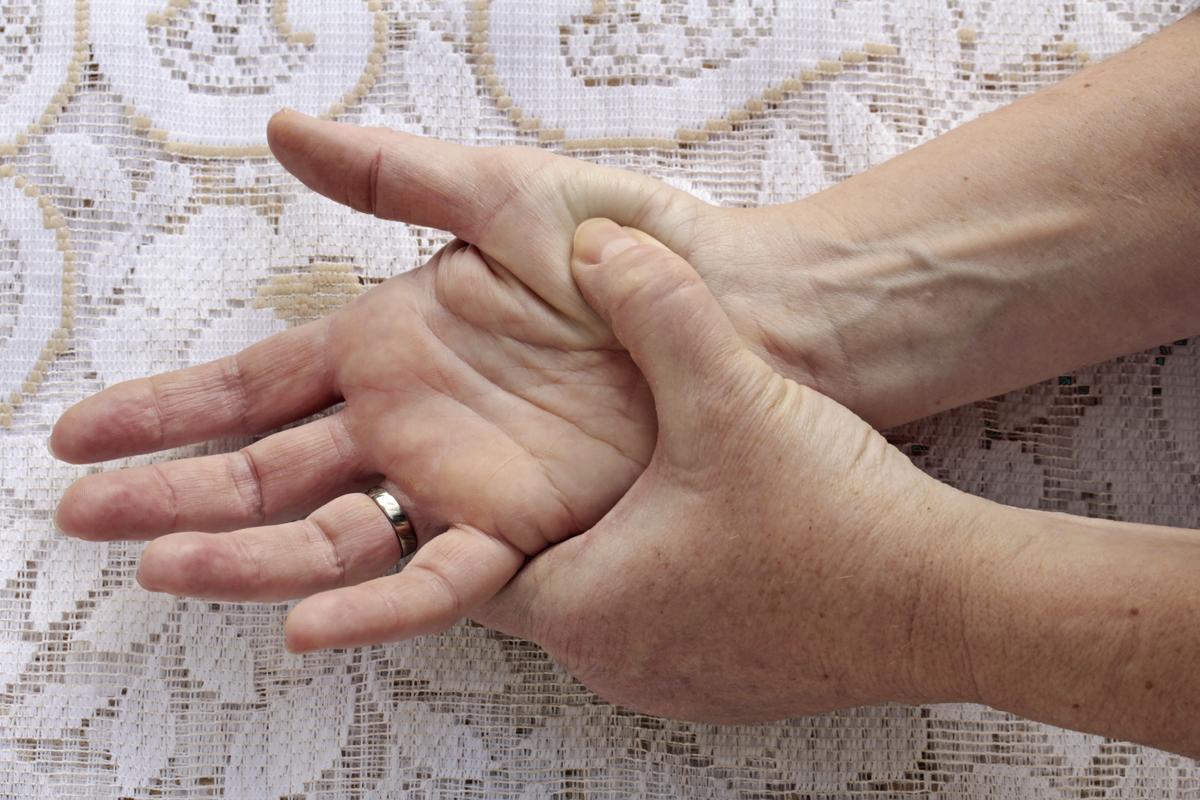

These faulty signals could cause various symptoms, such as pain, weakness, and numbness, in the muscles of the affected area. If inflammation or trauma causes the tissues in the body to put pressure on a nerve, the nerve may send faulty signals. Sometimes, numb hands could be a sign of a pinched nerve. Learn more about peripheral neuropathy here. Nerve tests, such as electromyography and nerve conduction studies, may help doctors identify faulty nerve signals in the muscles, which could allow them to confirm a diagnosis. There are different types of peripheral neuropathy, many of which cause similar symptoms, such as numbness, tingling, or painful sensations in the nerves.ĭoctors may use imaging tests to check whether anything inside the body is putting pressure on the nerves. The peripheral nervous system sends nerve signals between the central nervous system and the rest of the body.

Controlling blood sugar levels carefully may help prevent or delay nerve damage. These nerve issues are more common in people who have had the disease for years. The American Diabetes Association note that “about half of all people with diabetes have some form of nerve damage.” Nerve issues are common among people with diabetes. It causes high blood sugar levels, which may lead to other complications. Diabetesĭiabetes is a chronic disease that occurs when the body cannot make or use insulin properly. Learn more about carpal tunnel syndrome here. People who do more repetitive movements, such as using a cash register or typing on a keyboard for long periods, may be more likely to develop or experience carpal tunnel syndrome. Carpal tunnel syndrome occurs when the median nerve in the hand becomes compressed, generally due to inflammation from overuse.Ĭarpal tunnel syndrome can lead to symptoms such as pain, tingling sensations, and decreased strength in the hands. Carpal tunnel syndromeĬarpal tunnel syndrome may also cause numbness or tingling in the hands and wrists. Avoiding sleeping on the hands or with the arms above or under the head may also help prevent hand numbness upon waking. If sleeping posture is responsible for numb hands upon waking, changing the position to relieve the pressure should help resolve this symptom. This pressure and lack of blood flow can easily cause symptoms, for example, numbness or a tingling sensation. Sleeping in an unusual position can put temporary pressure on the nerves or slow down circulation to a particular area, such as the hands. People may have slept on top of their hands or with their hands in a strange position. Poor sleeping posture is a simple and common cause of waking up with numb hands. There are several short-term and chronic conditions that can potentially cause symptoms such as numbness in the hands, including the following: Sleeping posture

An article in the Journal of Pain Research states that 7–10% of people have some form of neuropathic pain. Nerve pain is a common issue in the United States. Issues that cut off blood circulation to the area may also cause numbness in the hands, along with other symptoms, such as nerve pain. Compression of these nerves can cause pain and numbness in one or more areas of the hand. The three major nerves that lead to the hand are the ulnar, median, and radial nerves. Numbness in the hands generally means that there is compression or a lack of signal in one of the nerves controlling the hands. Share on Pinterest Poor sleeping posture is a possible cause of waking up with numb hands.


 0 kommentar(er)
0 kommentar(er)
